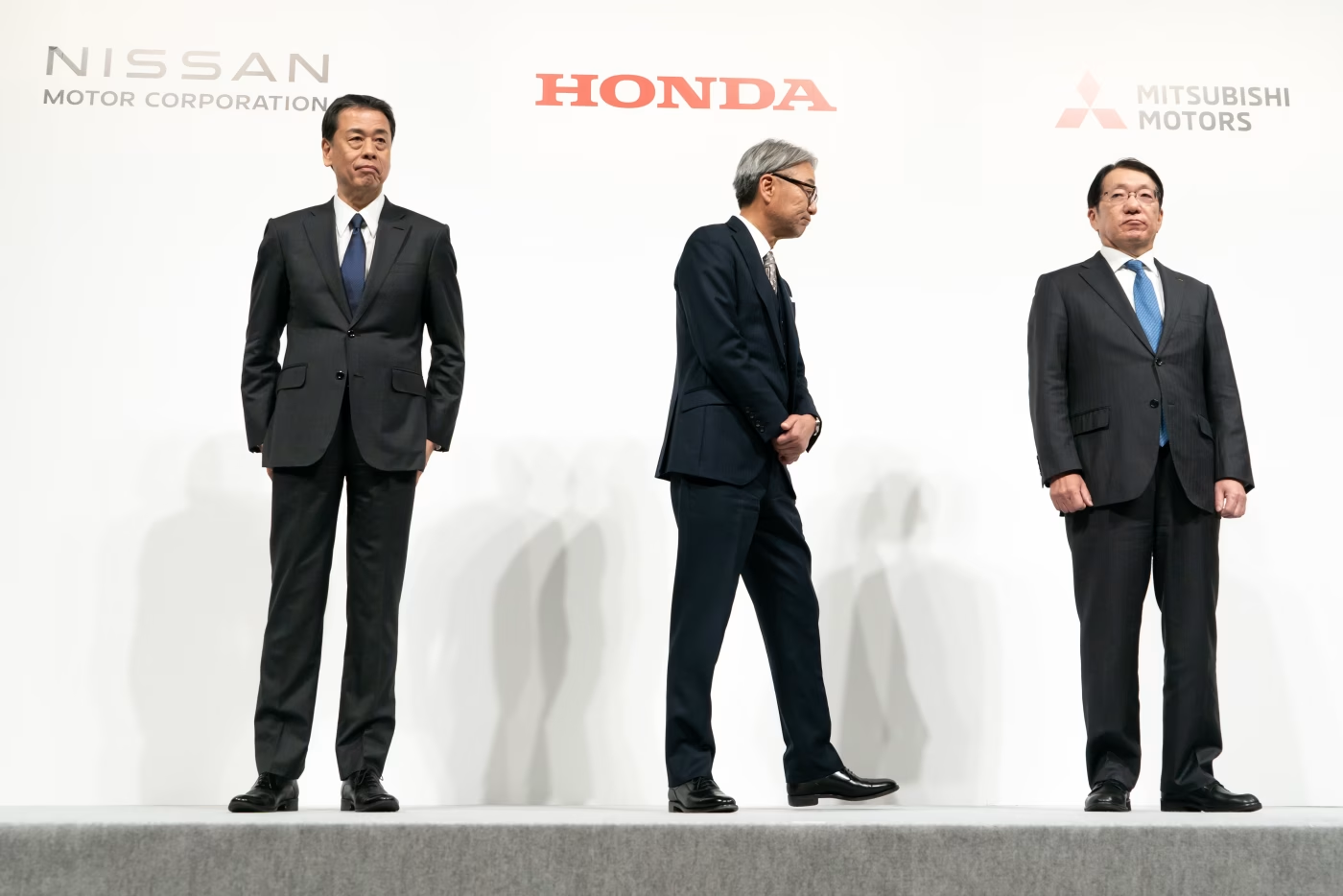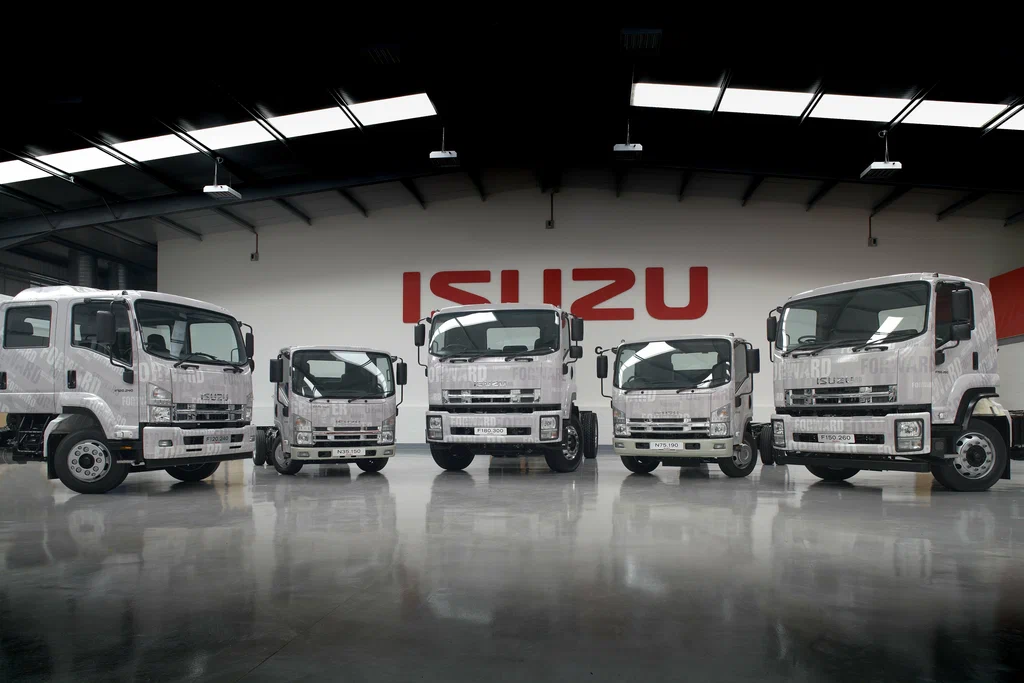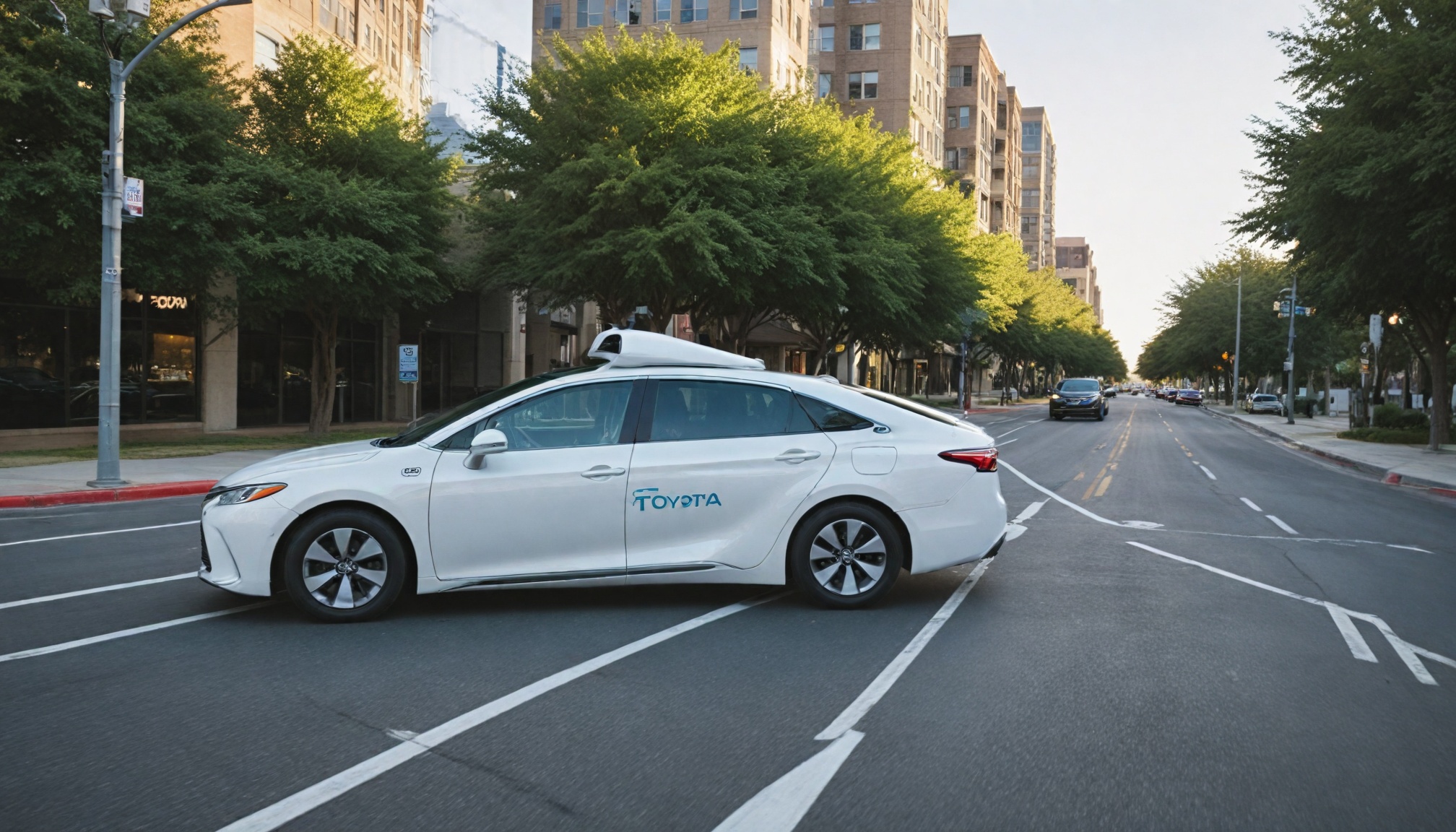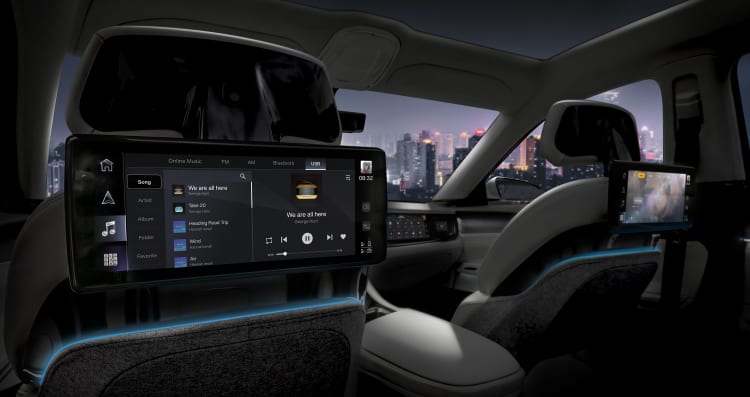
Nissan-Honda merger collapses due to control disputes. Explore the cultural sensitivities, global competition, and future challenges both automakers face now.

Drivetech Partners
Nissan-Honda Merger Talks Fail: Power Struggles and Future Challenges
A Collision of Visions
The proposed merger between Nissan and Honda, two of Japan’s most renowned automotive giants, was set to reshape the landscape of the global automotive industry. However, the ambitious $60 billion deal has abruptly fallen apart due to irreconcilable differences over control and structure. Honda, with its stronger financial foothold, sought to make Nissan its subsidiary. Meanwhile, Nissan stood firm, advocating for an equal partnership. This fundamental disagreement sowed the seeds of discord, eventually leading to the collapse of the talks.
The situation further intensified due to cultural sensitivities surrounding corporate pride and Honda's frustration with Nissan's lack of a coherent recovery strategy. The discussions, which initially promised a union of technological innovation and brand strength, were marred by clashing ideologies and strategic visions. In an industry as dynamic as automotive manufacturing, where adaptability and agility are paramount, the inability to align on future direction proved to be a critical setback.
Cultural Sensitivities and Corporate Pride
The collapse of the merger talks isn't just a story of financial disparities but also a narrative steeped in cultural nuances. The Japanese business ethos places a high value on corporate pride and legacy, elements that both companies hold dear. Honda, wielding its financial strength, pushed hard for a structural hierarchy that would see Nissan beneath it. For Nissan, accepting such terms would compromise its status and identity, an option it was unwilling to consider.
This cultural dichotomy was exacerbated by Honda’s dissatisfaction with Nissan’s vague recovery vision. While Honda has managed to maintain financial stability, Nissan has been embroiled in turmoil, including hefty expenditures detracting from its electrification ambitions. These factors combined to create an environment of mutual distrust, making it challenging to forge a unified path forward.
Facing Global Competition
With the merger off the table, both companies face stiff competition in the ever-evolving automotive market. The rise of Chinese electric vehicle (EV) manufacturers is reshaping the global market. Their rapid deployment of affordable and innovative EVs poses a direct challenge to traditional automotive giants like Nissan and Honda.
Furthermore, the automotive industry is adapting to seismic shifts, including technological integration with artificial intelligence and autonomous driving capabilities. Staying competitive against the backdrop of these changes requires robust strategies and partnerships—a challenge both automakers must address independently following the merger's dissolution.
Nissan’s Challenges Ahead
Nissan finds itself at a crossroads, grappling with internal and external challenges. The collapse of the merger comes at a time when Nissan is struggling with declining profits and liquidity concerns, further complicating its path to recovery. The impending maturity of significant bond debts adds another layer of financial complexity, straining its resources needed for innovation and growth.
Nissan's future strategy will require innovative solutions and potential collaborations outside of traditional automotive circles. Recent announcements of leadership changes—specifically, Ivan Espinosa stepping up as CEO—signal an attempt to rejuvenate the company with fresh perspectives. Espinosa's deep understanding of Nissan's workings is expected to drive the strategic turnaround required for the company to regain its competitive edge.
The Tariff Terrain
Adding to Nissan's woes, the recent imposition of 25% tariffs on auto imports by the United States poses a significant threat, especially to Japanese carmakers relying on Mexican production for the U.S. market. This policy shift may push Nissan to reevaluate its manufacturing strategies, potentially leading to price adjustments that could affect its market position.
The tariffs create a complex economic scenario for Nissan, affecting affordability and potentially dampening sales in a crucial market. As Nissan navigates these turbulent waters, it will need to balance competitive pricing with innovation and operational efficiency to retain consumer trust and loyalty.
Honda’s Path Forward
Honda's emphasis on maintaining corporate integrity and financial vigilance positions it differently. While disappointed by the stalled merger talks, Honda remains focused on its path forward, including an aggressive push in the EV sector. Its financial robustness provides a buffer, allowing it to pursue strategic alliances and technology investments that align with its vision.
The failure of the merger talks underscores the complexities inherent in large-scale corporate collaborations, where financials, culture, and strategy must resonate in harmony. As both companies chart independent paths amidst a rapidly changing industry landscape, the lessons from these failed talks may guide their future endeavors in an increasingly competitive global market.
Ultimately, the dissolution provides each company an opportunity for introspection and reinvention, preparing for the future with resilience and renewed focus on innovation and adaptability.
SourceSourceSourceSourceSource




